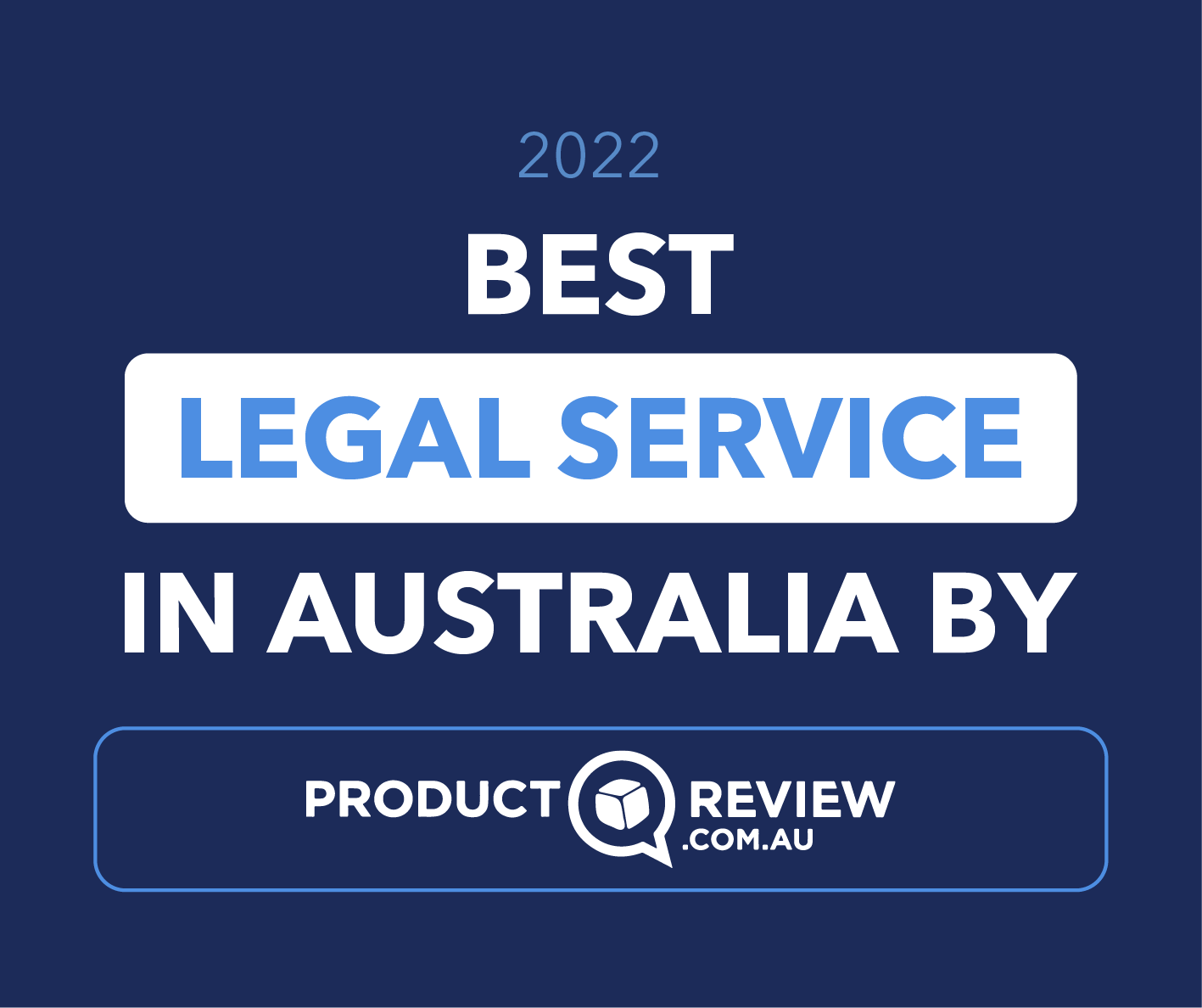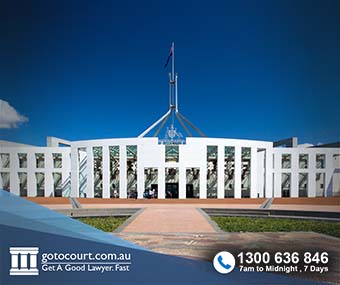Call our lawyers
now
or,
have our lawyers
call you
Proposal To Limit Social Media Use to Over-16s
Proposal To Limit Social Media Use to Over-16s
In November 2024, the government introduced the Online Safety Amendment (Social Media Minimum Age) Bill into the federal parliament. The Bill seeks to amend the Online Safety Act 2021 by imposing a minimum age of 16 for the use of social media platforms such as Facebook and TikTok. This page outlines the proposal to limit social media use to over-16s.
What are the proposed changes?
The Bill designates certain electronic services as age-restricted social media platforms and imposes duties on operators of such services to take steps to prevent children under 16 from having accounts. It gives the Commissioner powers to investigate and report on the compliance of service providers and imposes privacy requirements for platform operators when dealing with personal information gathered to establish the age of a user.
Age-restricted social media platform
Under section 63C of the Bill, a service is an age-restricted social media platform if:
- its purpose is to enable online social interaction between two or more end-users
- it allows end-users to interact with, or link to, other end-users
- it allows end-users to post material on the service.
Services must try to prevent children from having accounts
Under section 63D, a provider of an age-restricted social media platform must take reasonable steps to prevent young people under 16 from having accounts with their platforms. A civil penalty of up to 30,000 penalty units ($50 million) applies for a breach of this provision.
Privacy
Under section 63F, social media platforms must not use or disclose personal information gathered for the purpose of preventing children under 16 from holding accounts for any purpose other than determining whether a person is an age-restricted user.
Commissioner powers
Division 4 of the Bill gives the Commissioner powers to investigate providers and issue notifications.
The Commissioner may require a provider of an electronic service to provide information within a specified period and in a specified form. If the Commissioner is satisfied that a provider has breached section 64D or section 63F, they may issue and publish a statement to that effect.
Rationale for limiting social media use to over-16s
The government has explained the proposal as an attempt to ‘shift the paradigm’ of social media use from one based on user engagement to one that contains an expectation that operators exercise social responsibility to ensure the safety of their users.
The current minimum age for use of all major social media platforms is 13; however, this derives from US privacy law and is not based on the age at which it is safe to use these platforms. Limiting social media use to over-16s aims to restrict use of these platforms to people who have passed the most vulnerable developmental age.
The government has identified numerous harmful aspects of social media use by young people, including bullying, abuse, viewing misogynistic and violent content and preoccupation with body image. It has also cited the difficulties parents experience in regulating social media use as another reason the changes are needed.
Responses to the proposal
The Bill has been criticised for a range of reasons, including the haste with which it has been prepared and the likelihood that the changes will lead to tech companies gathering even more personal information about users. Opponents of the proposed changes include the Australian Human Rights Commission, which has stated that the laws have the potential to ‘significantly interfere with the rights of children and young people’.
Many critics view the changes as likely to be ineffective in keeping young people off social media. Young people will likely find ways around the laws, and furthermore, the laws prevent children from holding accounts but they do not prevent them from viewing content from someone else’s account or from viewing contact without being logged in. In the case of YouTube, for example, a young person will not be able to have an account, to be logged in, or to post comments. However, they will still be able to view content.
The aims of the Bill have also been questioned by those who see social media as playing a positive role in the lives of young people – for example, as a medium for constructive activities such as activism and by allowing teenagers to access important social support such as peer groups for those who identify as LQBTI and do not have a supportive offline community.
Others have hailed the proposals as overdue and necessary to protect young people.
If you require legal advice or representation in any legal matter, please contact Go To Court Lawyers.

Affordable Lawyers
Our Go To Court Lawyers will assist you in all areas of law. We specialise in providing legal advice urgently – at the time when you need it most. If you need a lawyer right now, today, we can help you – no matter where you are in Australia.How It Works






1. You speak directly to a lawyer
When you call the Go To Court Legal Hotline, you will be connected directly to a lawyer, every time.

2. Get your legal situation assessed
We determine the best way forward in your legal matter, free of charge. If you want to go ahead and book a face-to-face appointment, we will connect you with a specialist in your local area.

3. We arrange everything as needed
If you want to go ahead and book a fact-to-face appointment, we will connect you with a specialist in your local area no matter where you are and even at very short notice.










